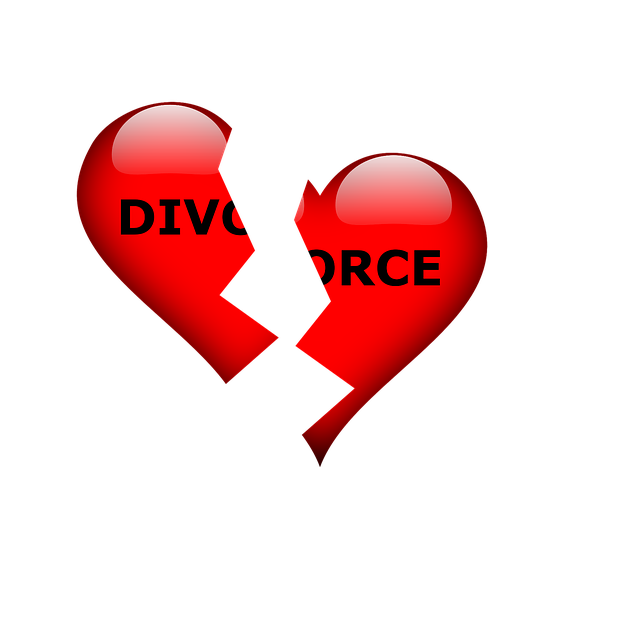If you are married, federal law mandates that your spouse is automatically the beneficiary of your 401k. If you want to name a beneficiary who is someone other than your spouse, your spouse must sign a waiver allowing you to do this.
What happens if you get divorced? When your divorce is final, you have the opportunity to name a new beneficiary to your 401k. An example: Joe and Mary were married and have three children. Mary has a 401k that lists Joe as the primary beneficiary and the children as contingent beneficiaries. Once her divorce was finalized she was able to change the primary beneficiary. Mary could name anyone she wants as her beneficiary of her 401k and later decides to name her three children as her primary beneficiaries.
Fast forward five years. Mary is getting remarried. Mary, with three children from her previous marriage, and her new spouse Bob, who has two children from a previous marriage, decide that they want to leave their 401k accounts to their respective children. Mary and Bob must each sign waivers relinquishing any right to their respective 401k accounts. If they do not sign waivers, their children will not inherit their accounts even though they are listed as beneficiaries. Remember: federal law says your spouse is automatically the beneficiary of your 401k.
It is very important that you review your beneficiary designations periodically, especially if you experience a life-changing event. One of the most common financial planning mistakes is forgetting to change your beneficiaries after a change in your life, i.e., divorce or remarrying.
Rosanne Braxton, CFP®, President


